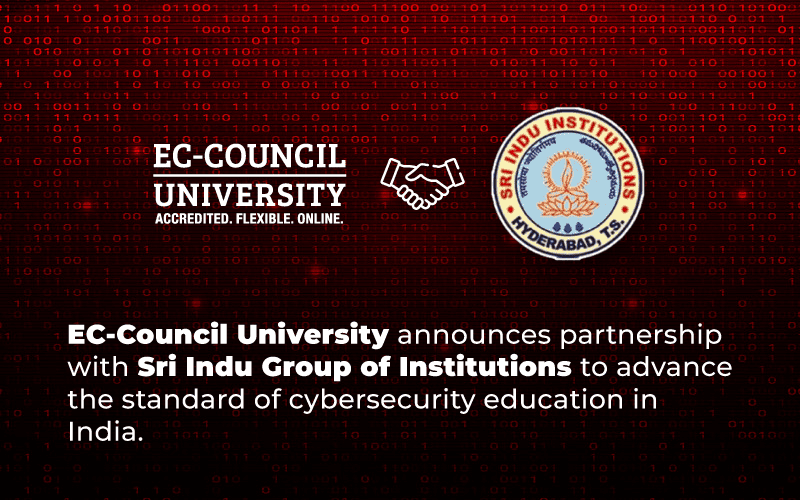A Master’s degree in Cybersecurity provides advanced training in the field of cybersecurity, with a focus on preparing students for careers and career advancement in the industry. The program covers a wide range of topics, including network security, data protection, cryptography, and incident response. It also provides the opportunity to gain hands-on experience through lab exercises and real-world case studies, and to work with industry experts who can provide valuable insights and guidance. Upon completion of the program, students are well-prepared to take on leadership roles in the cybersecurity field and will have the skills and expertise needed to protect organizations and individuals from cyber threats.
In this blog, we will be discussing the top 10 career options that can be explored with a Master’s degree in Cybersecurity. With the growing demand for skilled cybersecurity professionals, a Master’s degree in this field can open up many doors and provide a rewarding career path.
- Chief Information Security Officer (CISO): CISOs are responsible for developing and implementing an organization’s cybersecurity strategy. They work with other executives to identify potential threats and vulnerabilities, and to develop plans to mitigate those risks.
- Information Security Manager: Information Security Managers are responsible for developing and implementing security measures to protect an organization’s computer systems and networks. They work with employees and other stakeholders to ensure that security protocols are followed, and they may also be responsible for training employees on cybersecurity best practices.
- Cybersecurity Consultant: Cybersecurity Consultants provide expert advice and assistance to organizations looking to improve their cybersecurity They may work with clients to assess their current security measures, identify potential vulnerabilities, and recommend and implement solutions to address those risks.
- Cybersecurity Engineer: Cybersecurity Engineers are responsible for designing, building, and maintaining secure computer systems and networks. They may work on a variety of projects, including developing security protocols, implementing security measures, and testing systems for vulnerabilities.
- Information Security Analyst: Information Security Analysts identify and mitigate potential threats to an organization’s computer systems and networks. They may work on projects such as conducting risk assessments, developing security protocols, and monitoring networks for suspicious activity.
- Network Security Engineer: Network Security Engineers are responsible for designing, implementing, and maintaining secure networks for organizations. They may work on projects such as setting up firewalls, configuring security protocols, and monitoring networks for potential threats.
- Security Architect: Security Architects are responsible for designing and implementing comprehensive security systems for organizations. They work with stakeholders to understand an organization’s specific security needs and develop solutions to meet those needs.
- Cybercrime Investigator: Cybercrime Investigators are responsible for investigating cyber crimes and gathering evidence to be used in legal proceedings. They may work with law enforcement agencies or in private sector organizations, and they may be involved in everything from tracking down hackers to recovering stolen data.
- Cybersecurity Project Manager: Cybersecurity Project Managers are responsible for planning and overseeing cybersecurity projects within an organization. They work with stakeholders to develop project plans, manage budgets, and ensure that projects are completed on time and within scope.
- Cybersecurity Research Scientist: They are responsible for conducting research to identify and mitigate cyber threats and vulnerabilities. They develop new security technologies, analyze security trends and patterns, and stay up-to-date on cybersecurity They are also responsible for writing technical reports and articles about their research and presenting their findings to colleagues and other stakeholders.
ECCU is a leading cybersecurity education and training provider and is known for its rigorous and comprehensive curricula. A Master’s degree in Cybersecurity from EC-Council University can provide students with the necessary knowledge, industry-relevant certifications, and skills to pursue a variety of careers in the field of cybersecurity. Moreover, this list is not exhaustive and there are many other career options available to those with a Master’s degree in Cybersecurity from EC-Council University.
So, Enroll now! https://www.eccu.edu/apply-now-to-get-a-degree/








